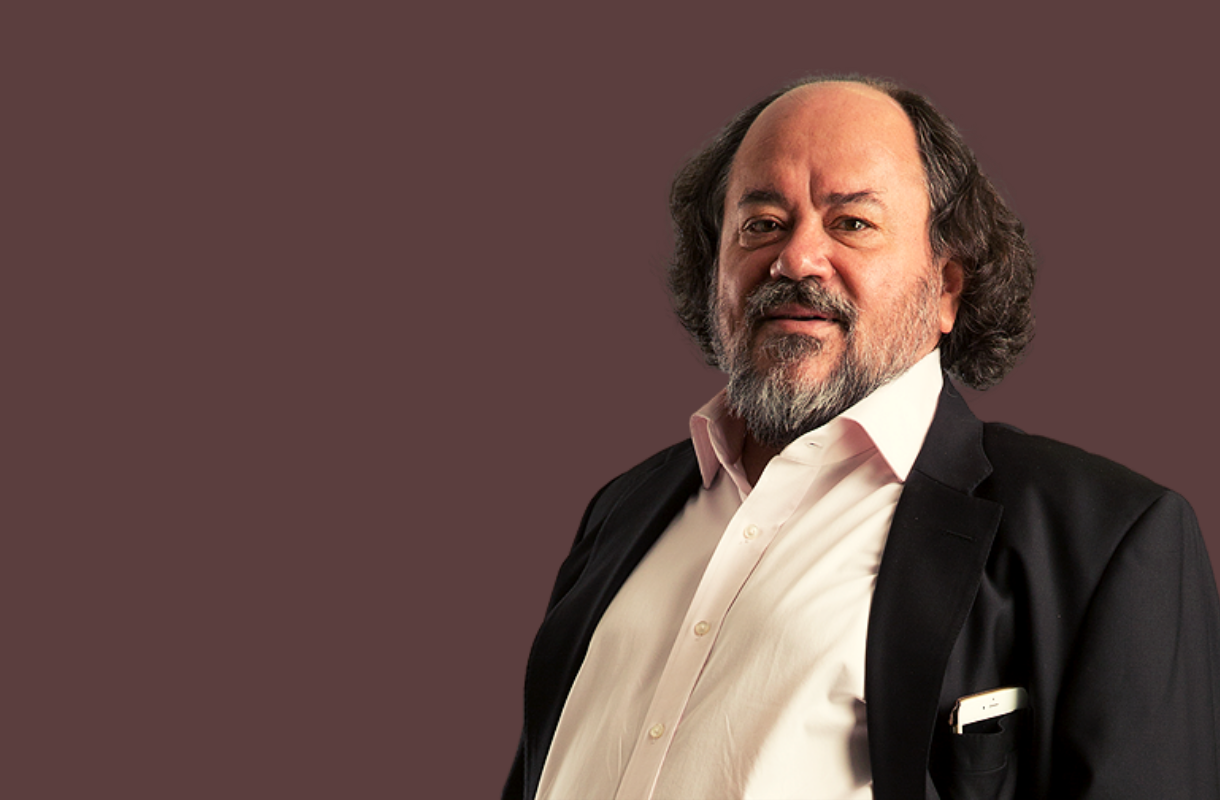‘Notes By EMA’ is a collection of the author’s personal views and gladly invites readers’ feedback for the collective enrichment and enhancement of discourse. These do not purport to represent the official views of the Aboitiz Group.
ENRIQUE ABOITIZ MENDIETA 10 07 2020
If emotion is the enemy of reason, then common sense must be the enemy of technocracy. Reason without emotion is a blade without a handle. Common sense without expertise is intelligence without information. Reason needs feeling and common sense needs technocracy. These are a combination of ideas from Spinoza, Rumi, and George Friedman. How do we weave the minds of these three insightful writers into some understanding of what might be plaguing the apparent chaos we see? One can see chaos simply as the situation working itself out as it has all too often done. Ramon Aboitiz used to say that never had things been darker than 1940. We see the “calm that came after that storm” as Friedman puts it.
I say “might” just as man’s evolution is as complex as it is complicated and no one theory will every explain it all. That is why we needed to invent the concept of God that one has to believe in, true or not. Now, Einstein’s God, as we have seen over and over, knows his destination and his ‘why‘. We cannot figure it out.
The underlying conversations driving all too many situations are about emotion over reason or vice versa and/or technocracy and common sense. Success could be about achieving the balance between all four as they lattice over the other in day to day life in smaller and broader themes.
To make the most of situations, we may find that intelligence, information, and experience are the prime ingredients and might be what is increasingly sorely needed. I forget who said it that smart people are those who make the best out of the very situation.
Over the last decades, we see technocracy being given more and more importance and power. Education deepens knowledge. Expertise in subjects with more and more information and the capacity to manage it is giving experts more and more credibility. In education, credentials matter more and more in choosing people. Common sense and experience are taking a back seat. Lee Kuan Yew built a technocratic core. However, they were guided by LKY’s intent — WE DO WHAT WORKS!
To make the most of situations, we may find that intelligence, information, and experience are the prime ingredients and might be what is increasingly sorely needed.
Technocrats have their place as expertise has value. It does not replace leadership. Common sense, as uncommon as it is, has in its recipe experience, reason, information, mistakes. Why do technocrats avoid errors and, often, hide them? Arguably because they claim to be experts and fear the effect on their brand. Leaders see mistakes as the Israelis do — as fertilizer.
Rosling puts the experts below chimpanzees when it comes to the choice of what the future brings in their areas. It is not that they do not know their areas, they do. It is that they do not know what ingredients outside of their site to add into the soup. Increasing depth in particular expertise must exclude width of thought.
These technocrats have been adding process and compliance into our day to day lives to keep us honest. At the extreme, technocrats will sacrifice process and compliance in the name of honesty or prevention of corruption, at the expense of getting things done. This might be the balance that may be becoming. Saint COVID may be the wise man that will force us to balance technocracy and common sense.
Why do technocrats avoid errors and, often, hide them? Arguably because they claim to be experts and fear the effect on their brand. Leaders see mistakes as the Israelis do — as fertilizer.
Entrepreneurs moved from boards that discussed things verbally, to typewritten reports of a few pages to PowerPoint. We went from street smart people with a little education and a lot of common sense, driven by street experience, to people with credentials and no common sense.
I have not heard the word “common sense” in any assessment of performance be it for management, for possible board members, for appointments to cabinets nor a President. Have you?
We look at a recommendation for any position and we see credentials. Is common sense there? Is “he or she gets things done without wasting your time” there?
We went from street smart people with a little education and a lot of common sense, driven by street experience, to people with credentials and no common sense.
George Friedman writes that the Supreme Court of the United States is composed of justices that have never managed anything, but all came from “Harvard”. They have no idea about the art of compromise as they have never had to negotiate anything.
He feels we need leaders who guide by the clarity of intent and common sense, he feels, will come out of this storm that we are facing everywhere, before the calm and a period of prosperity.
The military guides with intent. The Israelis guide with purpose. Why? Because it is life and death and when the commander is out on the battlefield, he has no time to check with some manual that was made by McKinsey.
We have allowed technocracy into our institutions. Perhaps they need their wings clipped by common intent and commons sense.


EMA’s 2025 Reads | The Age Of Outrage